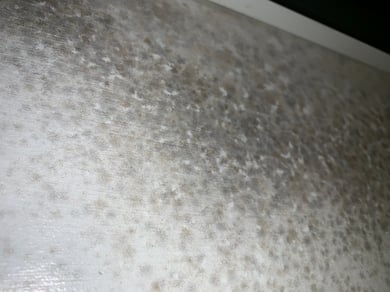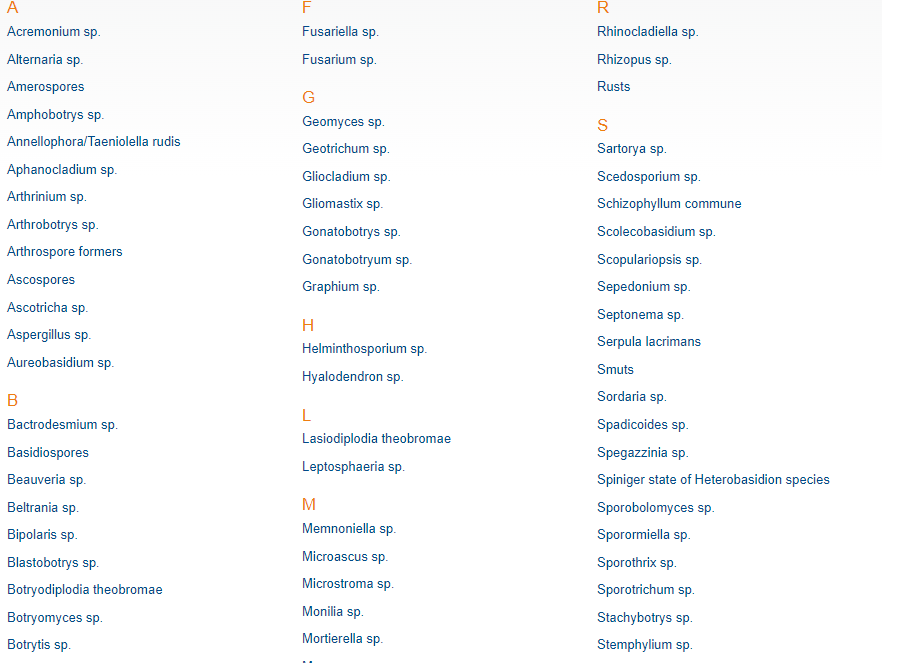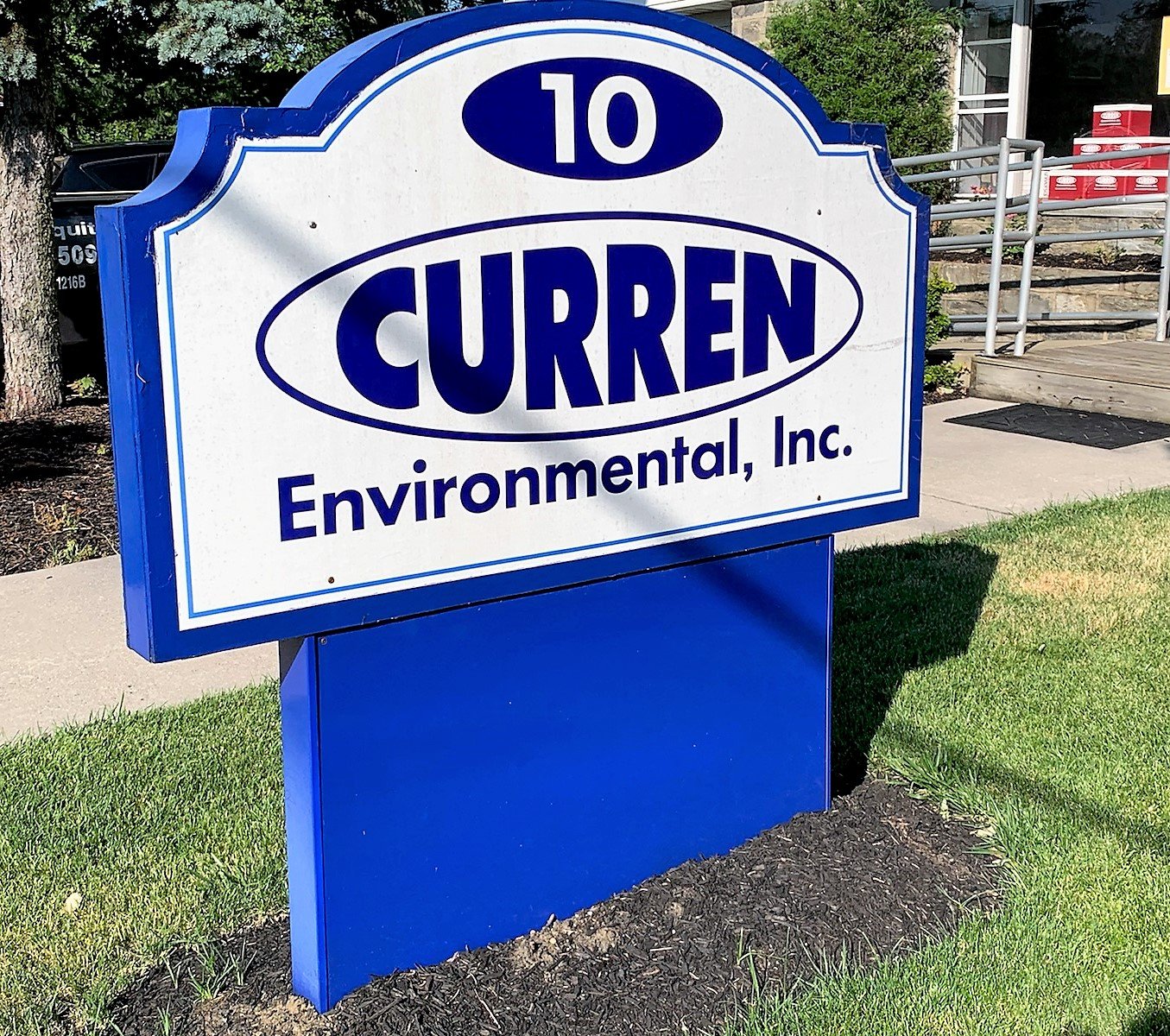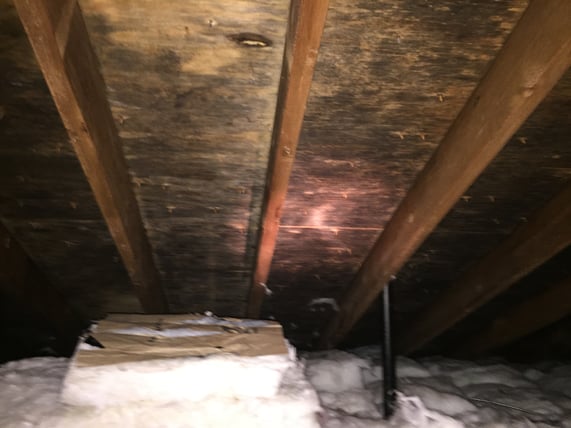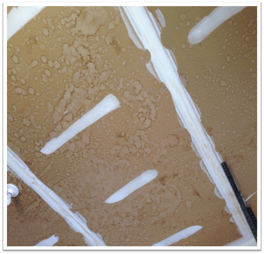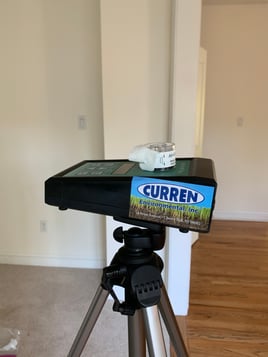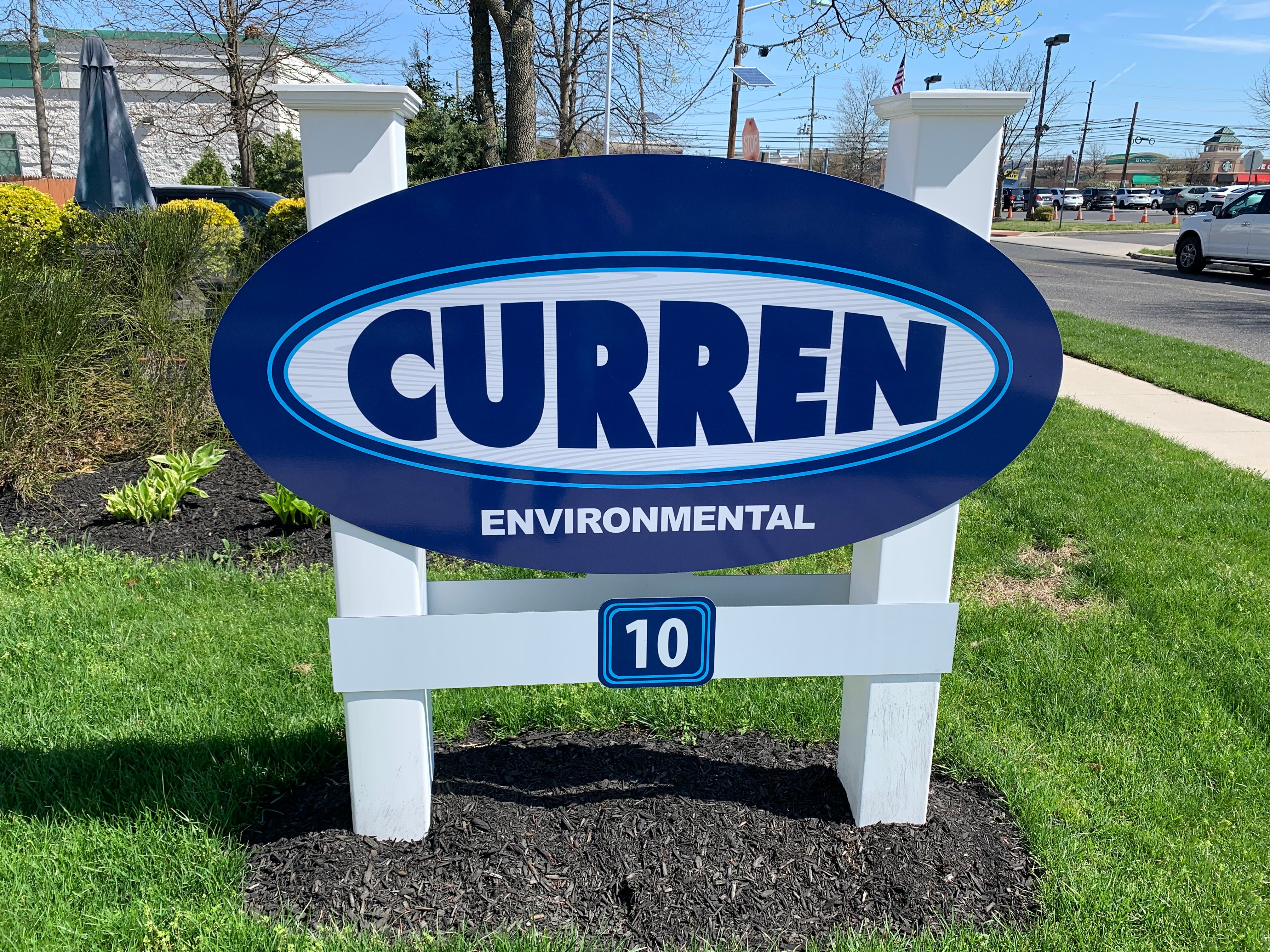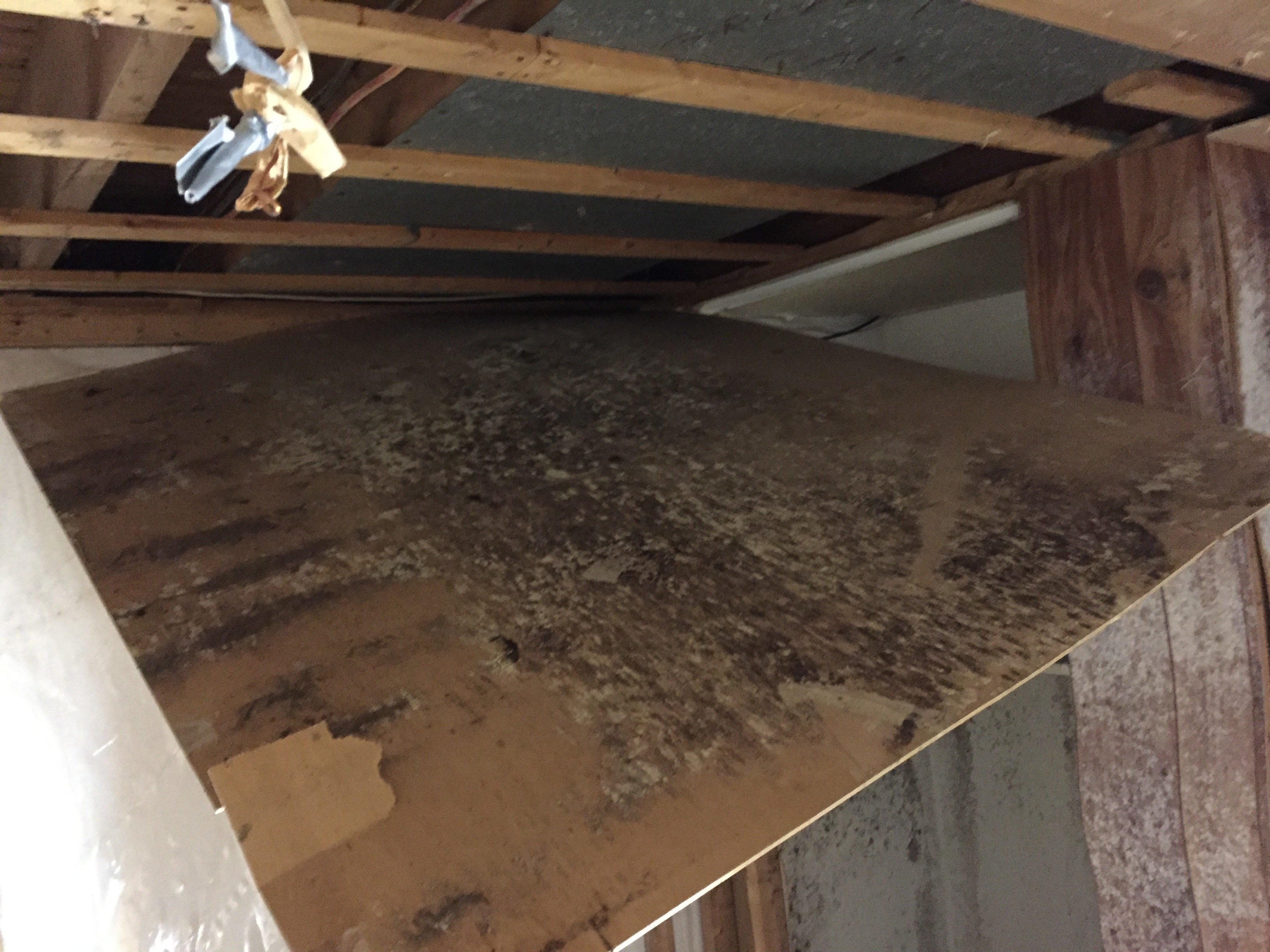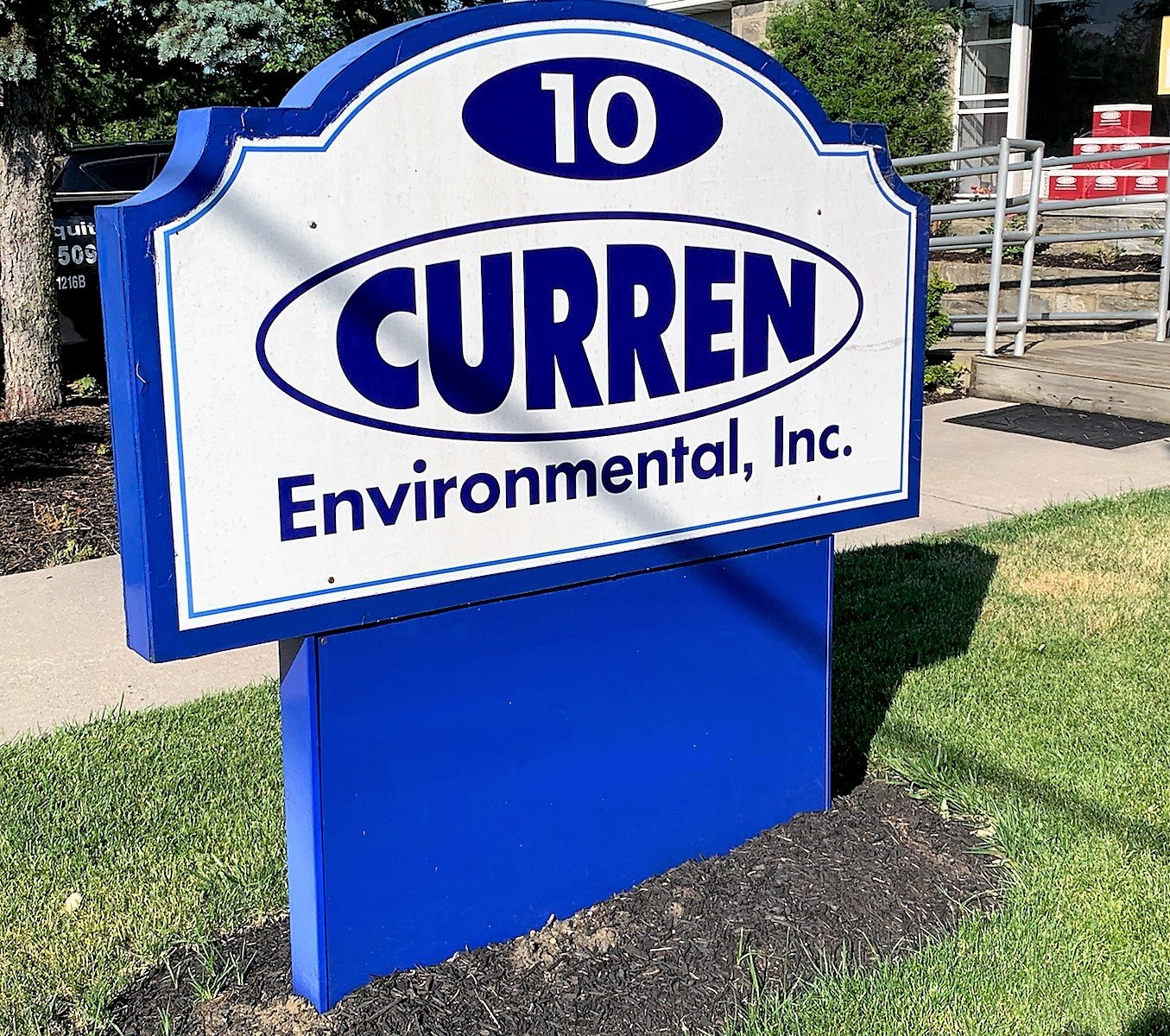The term "mold" correlates to fungi (although not all fungi form molds, some form mushrooms), and mold is often called mildew (because "mildew" sounds better than "mold"). No matter what you call it, finding mold during a real estate transaction is a negative. How you manage mold can have a huge impact on the real estate transaction.
To be clear, mold is a known indoor air contaminant and a health hazard, underscoring a bigger issue: a water issue that can be destructive to building materials.
The health concern can give an out to a buyer, as the home can be viewed as uninhabitable. A failed sale also red ones the property as having some issue that caused it to fall out of contract. Relisting the property means disclosing the mold growth and any other defect noted from the buyers’ inspection.
Those are some of the negatives, so let’s flip the coin to the positive side. Finding mold means confronting it head-on. Determining cause (Was it fixed? Is it defined?), fixing the mold (remediating to whatever extent necessary to bring the indoor environment to a normal fungal ecology), and lasting documenting these facts to the buyer. In short, you are defining and addressing, for lack of a better term, the cancer. Fixing the issues solves the issue. I can freely say that after 30-some years of environmental consulting, I have never said Do Not Buy that property because of mold.
So, how do you manage mold in a real estate transaction?
When mold is found or suspected, assess what you know at that point.
1 Do you know the cause?
2 Do you know the source?
3 If you do not know 1 & 2, you do not know the cost to address.
4. Do you know if mold is anywhere else?If you can't answer 1 through 4, you need to take steps to answer the questions. Understand if an inspector notes mold in an attic, unless it was a paid inspection, you will not have the data to answer these questions.
 This utility room houses HVAC equipment, a water heater & a washer and dryer. There are three typical causes of mold in this room. Mold was found; do you know where, the cause, and the fix? We did.
This utility room houses HVAC equipment, a water heater & a washer and dryer. There are three typical causes of mold in this room. Mold was found; do you know where, the cause, and the fix? We did.
Mold Questions
856-858-9509
This leads to having a professional mold inspection performed. Yes, there are specific paid inspections to evaluate a property for mold. Did you know you can test for mold and evaluate the fungi found, which helps unlock the driver (cause) of the mold was. Yes, different molds need different conditions to grow.
Keep in mind that unless a mold inspection was contracted as part of the purchase due diligence, meaning that in addition to your home inspection, radon testing, termite, piling inspection, engineering, roof, pool, septic, etc., then mold was not specifically looked for, but it was noted by an inspector or a relative with a keen eye. This drives you to needing to get a professional involved.
What can you expect from a professional mold inspection?
Confirmation that mold is or is not present.
Evaluation of the causes of the mold and the extent of the mold. Yes, mold can have multiple causes.
Lastly, a budget to address the mold (remediate) and repairs that may have been missed to prevent the mold from returning.
It is not uncommon that after the mold inspection is completed, the real estate settles, either before of after the mold is remediated. Yes, it is common that there is not enough time to address the mold before settlement. We are seeing payments to environmental companies directly from settlement accounts (title Company), which ensures the mold is addressed. Reading between the lines here is telling, for buyers and lenders to proceed to settlement when mold is not addresse,d is saying there is a comfort level about the mold being addressed.
Call A Mold Professional
888-301-1050




 What mold needs to grow:
What mold needs to grow:
 Kitchen
Kitchen Basement & Crawl Spaces
Basement & Crawl Spaces





